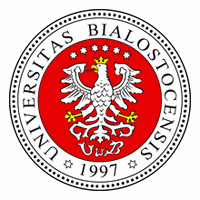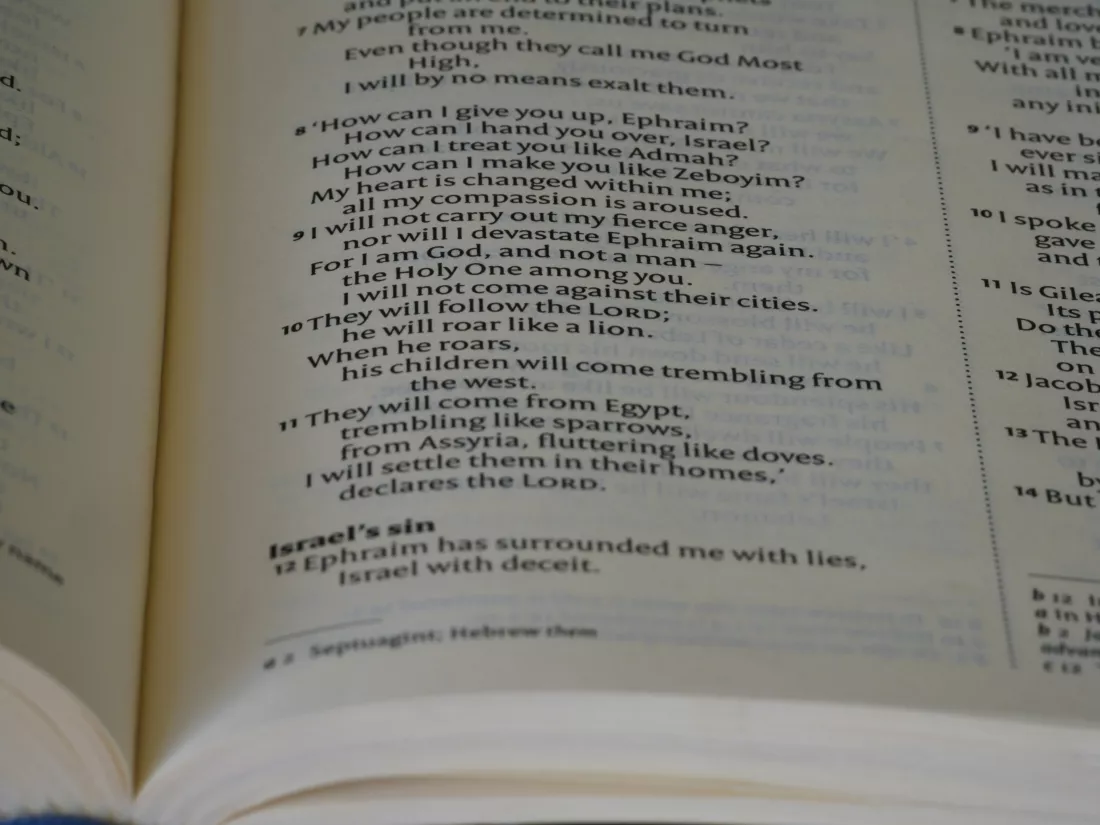Why It's Worth It:
⇑Comprehensive Language and Cultural Expertise
The English Philology programme at the University of Bialystok offers a unique opportunity to gain profound knowledge of the English language, its literature, and the diverse cultures of English-speaking countries. This field of study is not merely an advanced language course, but a comprehensive academic discipline that integrates linguistics, literary criticism, and historical context. Students immerse themselves in a curriculum designed to foster both intellectual growth and practical communication skills.
⇑Dynamic Skill Development in Practice
Participants in the programme develop high-level language proficiency, aiming for at least C1 or C2 levels according to international standards. Education at UwB focuses on mastering various language styles, enabling students to read and create both academic and professional texts with ease. Through engaging classes, individuals learn to solve complex professional problems and effectively manage information in both written and oral forms, which is essential in today’s globalized world.
⇑Diverse Paths for Professional Specialization
Throughout the course of their studies, students can choose from several paths that align with their personal interests and career aspirations. These tracks often include modules focused on translation, linguistics, or literary studies, allowing for a more tailored educational experience. This flexibility ensures that graduates are not only experts in the language but also specialists in a chosen area of English-speaking culture or practical language application.
⇑Innovative Educational Environment
The University provides a modern learning environment where traditional philological studies meet contemporary technological tools. Students learn to utilize IT measures in their professional work, enhancing their efficiency in data processing and digital communication. This integration of technology with humanistic studies prepares graduates to navigate the requirements of the modern job market, where digital literacy is as important as linguistic competence.
⇑Interdisciplinary Competencies and Teamwork
The curriculum places a strong emphasis on interdisciplinary skills, enabling students to apply their knowledge in various fields of social and academic life. Group projects and collaborative seminars are integral to the learning process at UwB, helping students develop essential teamwork and leadership abilities. Such social competencies are highly valued by employers across all sectors, from international corporations to local cultural institutions.
⇑Broad Career Opportunities Across Sectors
Graduates are well-equipped to pursue successful careers in a multitude of areas. Their expertise is sought after in publishing houses, media outlets, and the tourism industry, as well as in administrative and cultural institutions. Many find fulfilling roles in the business sector, where advanced knowledge of English and intercultural awareness are vital for international cooperation and customer service on a global scale.
⇑Preparation for Educational and Research Roles
For those interested in teaching, the programme offers the necessary foundations to pursue pedagogical qualifications, allowing graduates to work in various educational settings. Furthermore, the solid academic grounding provided by the University of Bialystok prepares students for further education at the Master’s or PhD levels. This opens doors to careers in academia and advanced research, focusing on the evolution of language or contemporary literary trends.
⇑Global Perspectives and International Mobility
Studying English Philology naturally encourages an open-minded attitude toward different cultures and societies. Students have the opportunity to participate in international exchange programmes, which allow them to experience English-speaking environments firsthand. This international exposure not only improves language skills but also builds a valuable network of global contacts, providing a significant advantage in the international labor market.




